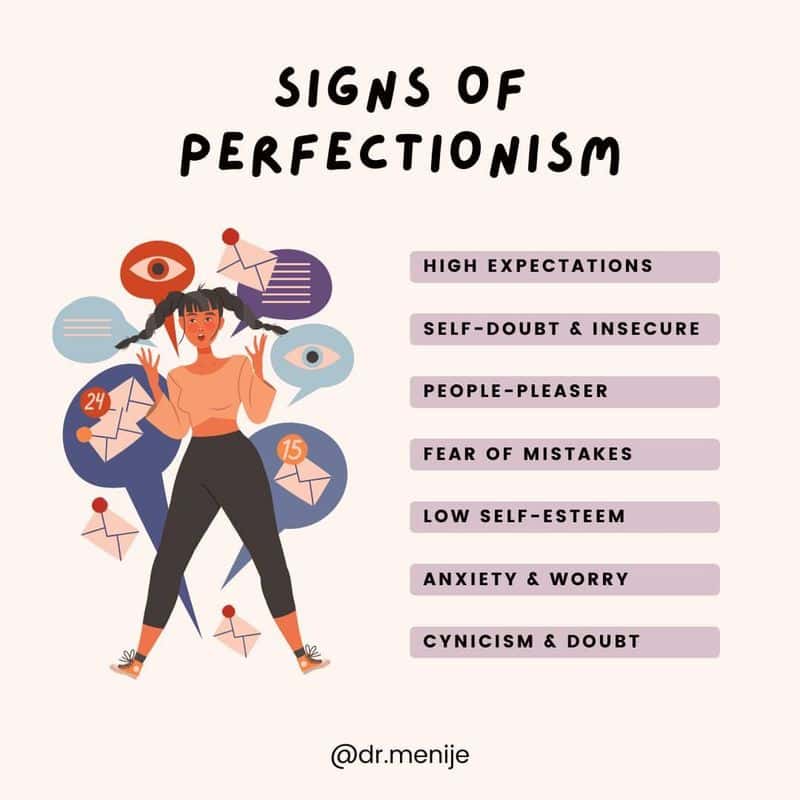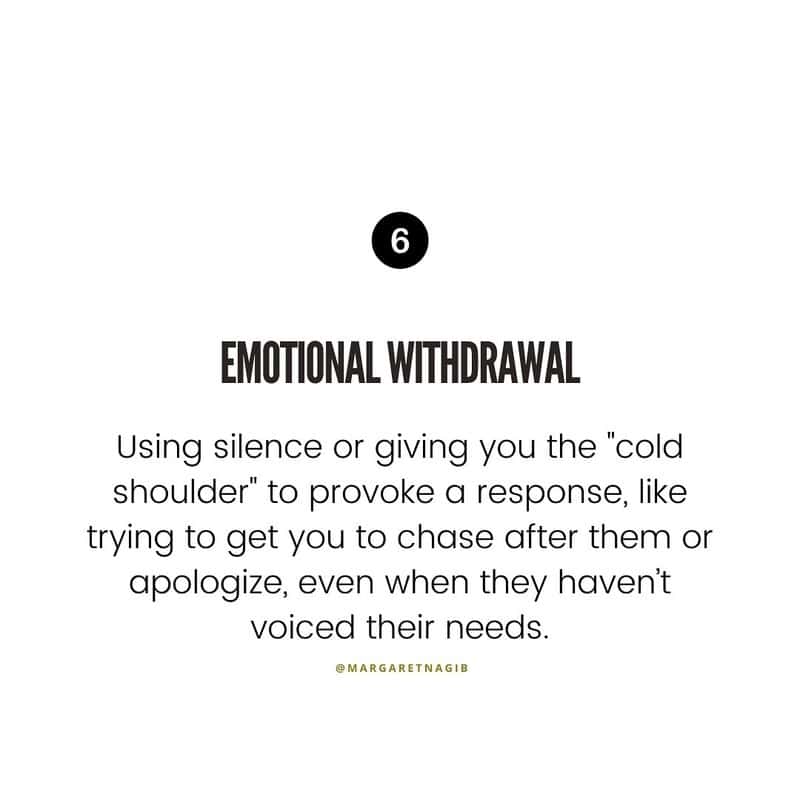Ever feel like you’re the one getting in the way of your own happiness? In relationships, we sometimes become our own worst enemies without even realizing it.
Self-sabotage can sneak into our love lives in subtle ways, slowly eroding the connection we share with our partners.
Recognizing these hidden patterns is the first step toward building healthier, more fulfilling relationships.
1. The Perfectionist’s Trap
You’ve created a mental checklist of qualities your partner must possess, and heaven help them if they fall short. This impossible standard-setting isn’t about having preferences—it’s about creating an escape hatch.
When you expect perfection, you’re guaranteed disappointment. Your partner forgets one anniversary, and suddenly you’re questioning everything. Behind these sky-high expectations often lurks a fear of genuine intimacy.
The real question isn’t whether your partner measures up to your standards, but why you might be setting barriers that no human could possibly overcome. This invisible wall keeps people at a safe distance while giving you a ready-made excuse when things don’t work out.
2. Mountain-Making From Molehills
Small disagreements suddenly become relationship-defining moments in your mind. Your partner loads the dishwasher differently than you prefer, and somehow this transforms into evidence they don’t respect your needs.
Drama follows these minor incidents because magnifying small problems provides an odd comfort. When you’re busy fighting about toothpaste caps or dinner plans, you don’t have to address deeper vulnerabilities or fears.
Notice how quickly you escalate situations that others might brush off. This pattern creates a perpetual state of relationship turbulence, keeping genuine connection at bay while reinforcing your secret belief that relationships are inherently chaotic and ultimately doomed.
3. The Vanishing Act
Just as things start getting serious, you find yourself mysteriously busy with work, friends, or suddenly urgent hobbies. The closer someone gets, the more reasons you discover to create distance.
This emotional disappearing act often happens right when the relationship reaches a new level of commitment. Maybe you’ve just said “I love you” or discussed moving in together. Rather than feeling excited, you’re overwhelmed with anxiety.
The pattern is subtle but consistent—whenever genuine vulnerability approaches, you’re suddenly unavailable. This retreat might feel like self-protection, but it’s actually fear in disguise, keeping you safely isolated while preventing the very connection you claim to want.
4. Reassurance Hunger
“Are you sure you love me?” “Do I really make you happy?” These questions spill from your lips even when things are going well. Your need for constant confirmation creates an emotional treadmill where no amount of reassurance ever feels quite enough.
Behind this behavior lurks a deeper belief that you’re fundamentally unlovable. Even with evidence to the contrary, you remain convinced your partner will eventually discover some fatal flaw and leave.
This insatiable hunger for validation exhausts both of you. The cruel irony? The more reassurance you demand, the less secure you feel, creating a self-fulfilling prophecy where your fears of abandonment actually push your partner away.
5. Silent Warfare Tactics
When upset, words mysteriously escape you. Instead of expressing hurt feelings directly, you withdraw into icy silence or drop subtle hints, expecting your partner to read your mind. “I’m fine” becomes your battle cry when you’re anything but fine.
This passive-aggressive approach serves as a relationship test—if they really loved you, they’d know what’s wrong without being told. Meanwhile, your partner feels like they’re navigating an emotional minefield blindfolded.
The silent treatment might feel like power in the moment, but it’s actually fear of vulnerability in disguise. By refusing to communicate openly, you protect yourself from rejection while simultaneously preventing the authentic connection that could heal your relationship wounds.






